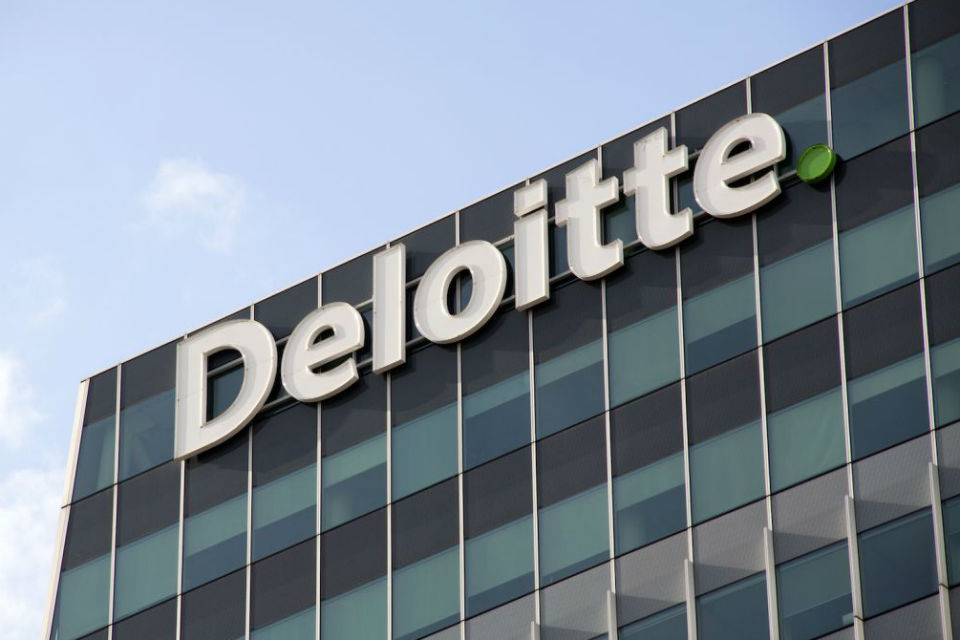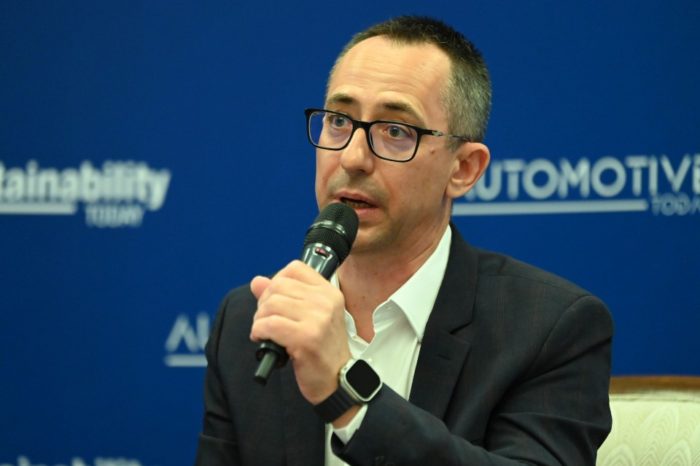Deloitte study: Holiday spending stands still this season, even though 73 percent of consumers expect price increases

Holiday spending remains at the 2021 level this year, even though 37 percent of consumers are in a worse financial situation compared to last year and about three-quarters (73 percent) expect higher prices, according to Deloitte holiday retail survey 2022. However, low-income consumers plan to spend 25 percent more during the holidays than last year. At the same time, 77 percent of retail executives expect holiday sales to increase year over year.
According to the study, 41 percent of consumers predict a weaker economy next year, more than in 2021 (33 percent) and in 2020 (27 percent). Under these circumstances, consumers are cutting out non-essentials (-12 percent), in order to offer gifts (+1 percent) and experiences involving socializing, such as parties, restaurants or concert tickets (+7 percent). But the average number of gifts drops from 16 last year to nine this year, and preference moves to products such as gift cards (+7 percent).
To compensate for the price increase, 32 percent of buyers are looking to buy resale items (second hand/refurbished), and 48 percent of retailers say their company will sell such products this season.
Rising prices is the reason for greater spending for 51 percent of those who say they will spend more this year on holidays, but also the reason for lower spending for 66 percent of those who will spend less. Moreover, retailers also expect price increase for their products by up to 10 percent (43 percent of retailers) or higher (20 percent of retailers).
“Inflation is currently a challenge for both the business environment and the population in most countries of the world. In these circumstances, 34 percent of the European Union citizens say their main concern is related to the price increase and, by extension, the cost of living. In Romania, 54 percent of the respondents indicated the increase in the price of consumer goods and energy as the most important issues they face. However, in the first half of this year, private consumption was the main driver of the Romanian economy growth (+7.5 percent year on year), and for the next period the official forecasts indicate an annual rate of 2.7 percent”, said Raluca Bâldea, Tax Partner, Deloitte Romania, and leader of the retail and consumer goods industry.
As in previous years, online shopping is on track to dominate the season, but physical stores are regaining ground lost during the pandemic. Thus, this year, 35 percent of the budget allocated to holiday expenses goes to physical stores (increasing from a minimum of 28 percent in 2020), but 63 percent, to online shopping. At the same time, 34 percent of consumers plan to use social media for holiday shopping, the percentage being much higher among Millennials (56 percent) and Generation Z (60 percent).
About four out of ten consumers plan to choose sustainable gifts, and they want to spend 14 percent more than average, while most shopper are looking for cost savings. Of those not choosing sustainable products, 45 percent say they are not affordable, and 31 percent believe it is difficult to identify genuinely sustainable products.
This year, too, buyers are expecting stockouts (77 percent), but 100 percent of retailers anticipate receiving their ordered holiday inventory on time (compared to 57 percent, last year).















